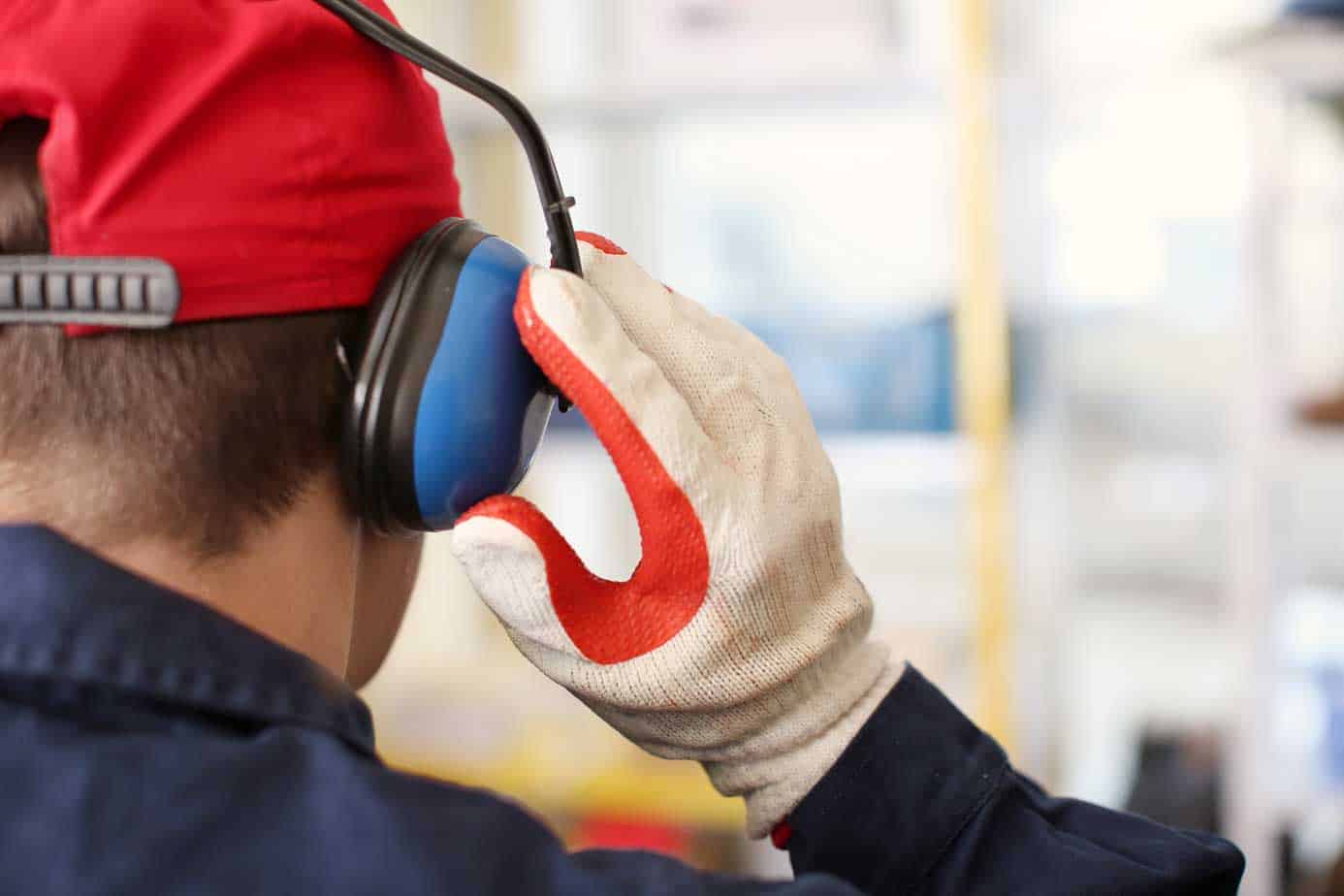Industrial set up or environments such as factories and plants involve the usage of loud machinery and tools. While the hazardous noise coming from this area may not cause immediate damage, exposure to it adds up over time. Learn more about and discover ways to improve workplace hearing safety.
Hearing safety is not a joke and should be considered a serious issue by every individual employer. Not having the right hearing safety equipment can cause long term damage and, in some cases, permanent hearing loss.
Hearing loss is one of the most common disabilities in the United States because there are no definite warning signs. This concludes to the fact that practicing workplace safety can help to prevent these problems. According to the Occupational Safety and Health Administration (OSHO), more than 30 million workers experience hazardous noise while on the job.
Limiting Sound Exposure
Federal regulations have directed employers to provide hearing conservation devices to employees if they sustain noise levels over 90 dB SPL. It is important your employees know of this regulation and to know they can be protected.
A lot of companies do not provide workers with sufficient hearing loss devices and workers being unaware of this rule do not ask them which often leads to hearing loss/issues.
Every worker should be made aware of these guidelines (appropriate time that should be spent under the categorized decibel) to prevent short and permanent hearing loss:
- 90 dBSPL: 8 Hours
- 92 dBSPL: 6 Hours
- 95 dBSPL: 4 Hours
- 97 dBSPL: 3 Hours
- 100 dBSPL: 2 Hours
- 102 dBSPL: 1.5 Hours
- 105 dBSPL: 1 Hour
- 110 dBSPL: 30 Minutes
- 115 dBSPL: 15 Minutes
Main Effects of Noise-Induced Hearing Loss
When it comes to how an individual can reverse hearing loss, prevention is the only answer so far because currently, it is not curable. If you experience loud noise, for example; over 100 dB in close range, your hearing may get immediately compromised.
Tinnitus, the “ringing” you hear in your head, that can occur after loud sounds is an initial sign of hearing loss. Loud noises damage the structure of your hair and auditory nerves located in your ear.
Hearing loss occurs/happens when the auditory nerves are severely damaged. Because of the loss, the nerves cannot regenerate itself and cause the brain to lose communication with the auditory senses. Auditory nerves are significant as they carry the sound to your brain, where it processes the data. For example; when you hear the doorbell, your brain knows that you need to answer your front door.
OSHA Hearing Related Precautions for Employers
Under OSHA (Occupational Safety and Health Administration) employers must provide the following to every individual worker:
- Employers shall make hearing protectors available to all employees who are exposed to an 8-hour time-weighted average of 85 decibels or greater at no cost to the employees. Hearing protectors shall be replaced as necessary.
- Employers are required to initially provide required hearing protection to affected employees, and hearing protectors must also be replaced as necessary.
- OSHA would in no way condone either the reckless or deliberate damaging or loss of hearing protectors by an employee. This type of conduct can and should be dealt with by the employer through counseling and a disciplinary program.
- If the employer complies with the following requirements of the Occupational Noise Exposure standard, employee loss of his/her hearing protectors on the job should be significantly minimized.
- Ensure that each employee is informed of instructions on the use and care of hearing protectors.
Workplace Hearing Safety Tips
- Take charge of your hearing in the workplace by practicing hearing safety and monitoring your exposure to extremely loud noises.
- Do not forget to wear protective ear wear whenever you are working in a loud environment, such as on the factory line or in a production environment.
- Try to decrease the length and exposure of the noise you do experience.
- Always wear hearing conservative devices, such as earplugs and earmuffs. Before buying an earplug make sure that the device has an airtight seal, which ensures that the loud noises will not penetrate your eardrums.
Contact Viking Communications!
Workplace hearing safety is important for your staff, and many two-way radios can work through earplugs and earmuffs to protect and maintain communication with your work teams. Contact Viking Communications, we have been in the business since 1964, always maintaining the consistent goal of helping our clients to communicate more effectively and efficiently. We are locally owned and operated, this allows us to provide professional service in two-way communications systems, with a personal approach for each client.

